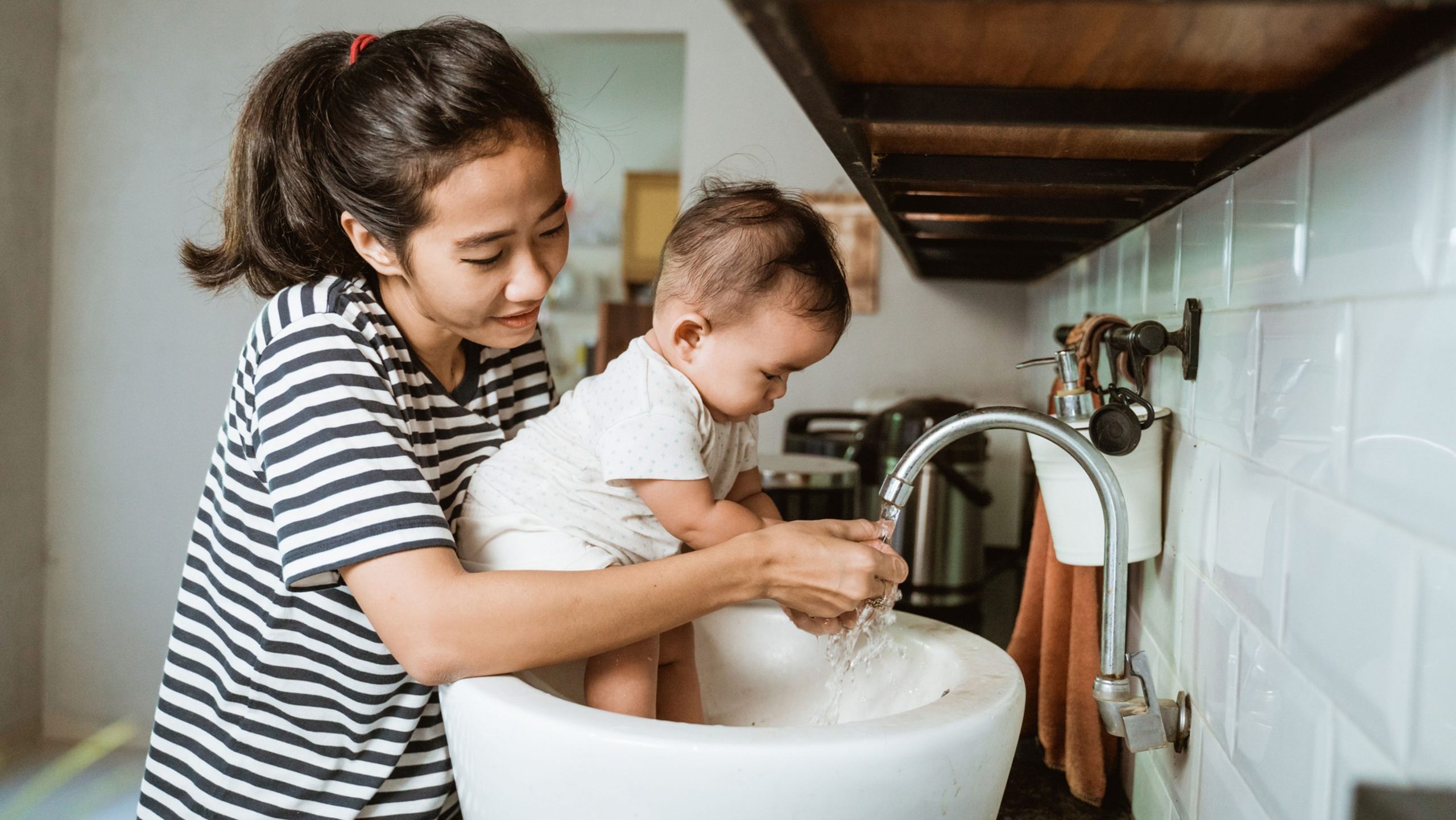SINGAPORE: Whether we admit it or not, Singaporean society relies on domestic workers, many of whom come from neighbouring and less prosperous countries.
While domestic helpers are technically employees, they’re different from other kinds, as they spend much time in close contact with family members, often caring for children or the elderly.
It should, therefore, not be surprising that helpers occasionally become considered part of the family, especially when they’ve stayed for many years with the children growing up, for whom they assume their role as their surrogate mum.
CNA recently looked at this occurrence, featuring three Filipina helpers who grew near and dear to the families they worked for.
After the initial discomfort of when the helper and the families adjust to each other, the bond can grow very strong indeed. A big factor is trust, as families leave their most vulnerable members to the care of helpers. Once they trust their helpers, growing a good bond becomes easier.
There have been many stories of employers taking their helpers on vacation with them or spending them on other kinds of treats.
In turn, helpers have been able to build homes in their countries of origin, send their children to school, or see their own families become more financially secure.
“To me, she lives in the house; she’s family,” the daughter of one employer is quoted as saying to CNA. Similarly, a young boy told his family’s helper, “You are not my maid. You are my aunty.”
“My helper is like a sister to me and 2nd mom to my adult kids! When she 1st joined the family, my only request was – my kids are top priority, as long as they are taken care of, housework is secondary!” wrote a woman in a comment to the CNA piece.
Seeing helpers as a family is a win-win situation and can benefit society as a whole, wrote Ming En Liew in The Homegrown Asia in 2021, adding:
“While unreasonable parties will always exist, perhaps thinking of these workers as potential extensions of our own families will help us create a more compassionate society and more conducive working and living environments for both these workers and the families they work for.”
Meanwhile, Linda Seh, who has over 20 years of experience in the Employment industry, wrote:
“You will notice that treating a foreign domestic helper like family will make it easy for you to communicate with her. She will be more open to ideas and offer you a really good set of results.
One thing is certain: every maid agency in Singapore recommends you to treat your helper properly and ensure that she is happy… So, it makes sense to treat your maid professionally at all times. Making her a part of your family is amazing, and it shows a great sign of character!” /TISG
Read also: Maid overspends her employer’s family MRT card for personal travel; employer asks for advice

